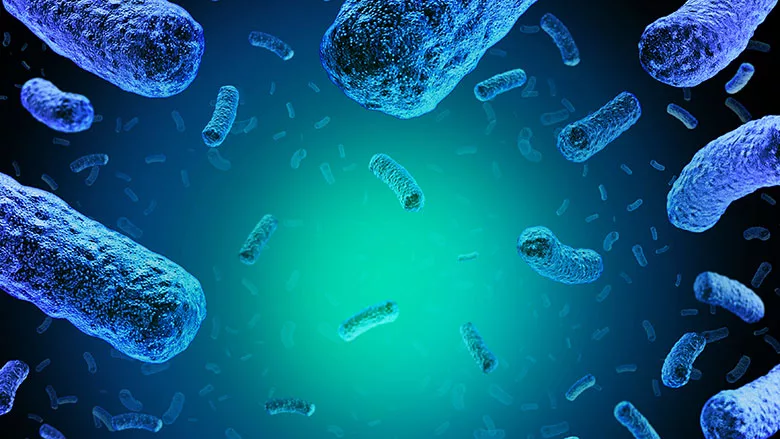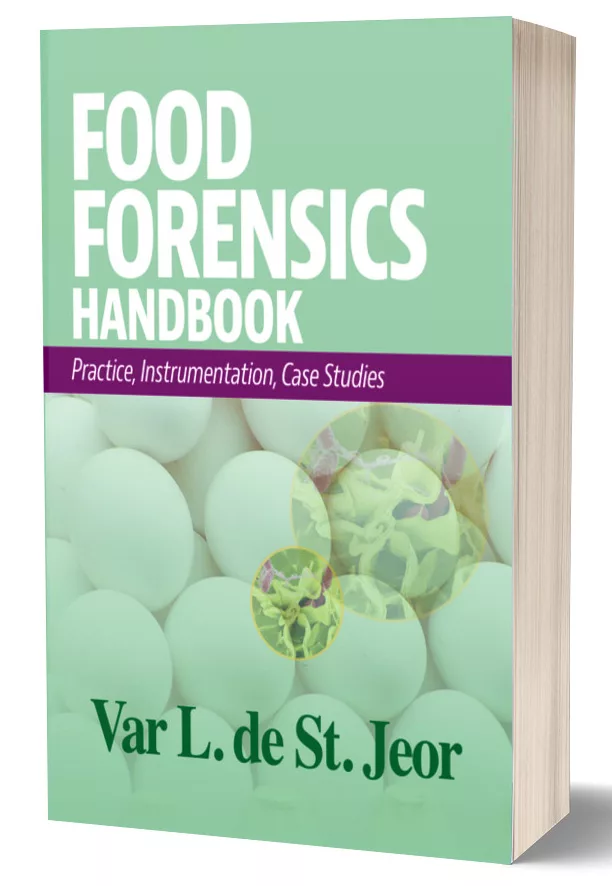Study to Examine how Biofilms Protect Listeria monocytogenes

Credit: Wildpixel/iStock / Getty Images Plus via Getty Images
Penn State University’s College of Agricultural Sciences recently secured a $605,000 grant from the U.S. Department of Agriculture’s National Institute of Food and Agriculture to study microbial biofilms that protect Listeria monocytogenes. Researchers will use the funds to study the interactions between L. monocytogenes and microbiological organisms found in fruit-packing environments.
Pathogens like Listeria can be introduced to food processing facilities from raw foods that have been exposed to microorganisms in the natural environment. Microbiological elements that are brought into food processing facilities can then form a biofilm, which protects pathogens from sanitization by slowing the penetration of antimicrobial agents. The researchers will study the ability of L. monocytogenes and other microorganisms to form biofilms together, and how such biofilms may protect L. monocytogenes from sanitizing chemicals. The project’s four main objectives are:
- Isolate environmental microbiota and determine their resistance to sanitizers
- Characterize genomes of environmental isolates using whole genome sequencing
- Characterize biofilm formation ability of bacterial families and L. monocytogenes in single- and multi-family assemblages
- Characterize the effect of microbial assemblages on the tolerance of L. monocytogenes to sanitizer treatment.
The study’s researchers note that the effect of microorganisms within a biofilm on L. monocytogenes survival in a food processing environment is poorly understood. The study’s findings will inform and enhance sanitation protocols and training efforts in the fruit industry to control L. monocytogenes.
Looking for quick answers on food safety topics?
Try Ask FSM, our new smart AI search tool.
Ask FSM →









